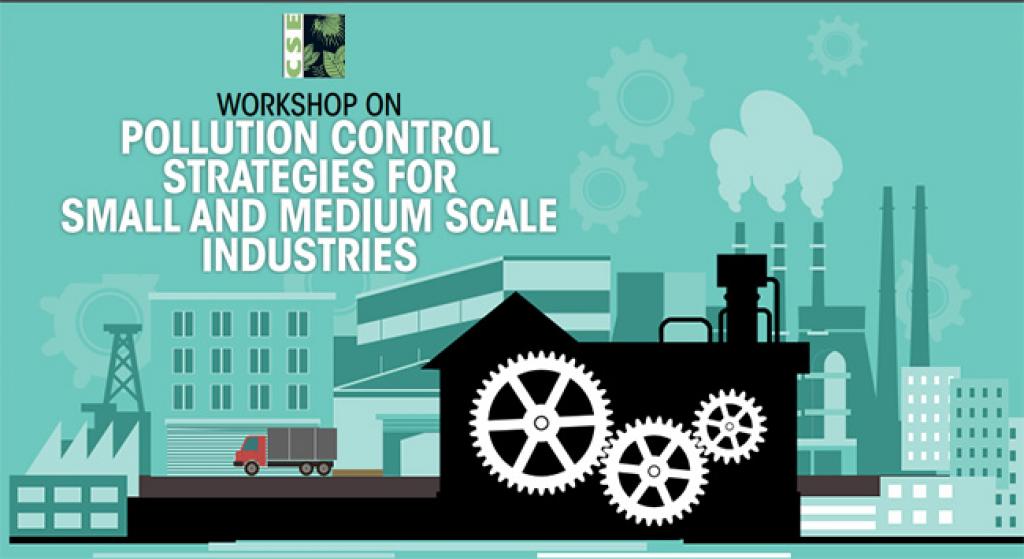The micro, small and medium enterprises (MSME) sector of Indian industry accounts for close to 30 per cent of the country’s GDP. Despite such a substantial role played by the sector in India’s economy, its contribution to deteriorating air quality in cities and regions has rarely been assessed, analysed or highlighted.
While data and estimates are extremely sketchy and missing, a 2011 (the then) Planning Commission report had pegged the industrial pollution load from MSMEs at 70 per cent of the total emissions from industries.
Centre for Science and Environment (CSE) is one of the few bodies that have been studying the impacts on air quality that this sector exerts – and a grim picture has started taking shape. Said CSE director general Sunita Narain: “The most common catalysts contributing to industrial emissions in small and medium-scale industries is their continued reliance on coal as a fuel, old and obsolete technology, and poor infrastructure.”
Narain was speaking at a day-long stakeholder’s workshop organised by CSE in New Delhi on ‘Pollution control strategies in small and medium-scale industries’.
Speaking at the event, Anumita Roychowdhury, executive director-research and advocacy, CSE said: “In several recent source apportionment studies, the small and medium-scale industrial sector is increasingly getting highlighted as a major contributor to air pollution. We have found that the sector suffers from a range of problems – from lack of credible data, use of polluting fuels and inefficient small boilers to fugitive emissions and lack of cleaner technology.”
Referring to CSE’s findings on this subject, Nivit Kumar Yadav, programme director, industrial pollution, CSE added: “CSE’s 2020 study on Assessment of industrial air pollution in Delhi NCR, which covered the seven major industrial districts of Alwar, Bhiwadi, Ghaziabad, Gurugram, Faridabad, Panipat and Sonipat, estimated a coal usage of up to 1.4 million tonne by industries in these regions. The majority of these industries were small and medium-scale industries.”
According to CSE, given the rampant mushrooming of this sector all over the country, these industries need a clear roadmap and enabling environment for a sustainable future by switching to cleaner fuels and common combustion facilities, transitioning to cleaner technologies, controlling fugitive emissions, and improving their infrastructure.
Prashant Gargava, Central Pollution Control Board member secretary and one of the speakers at the workshop, stressed on the role that industry associations are expected to play in this situation. “We see a vital role of Industry associations in creating awareness on best available technologies amongst the industries for them to adopt it,” he said.



